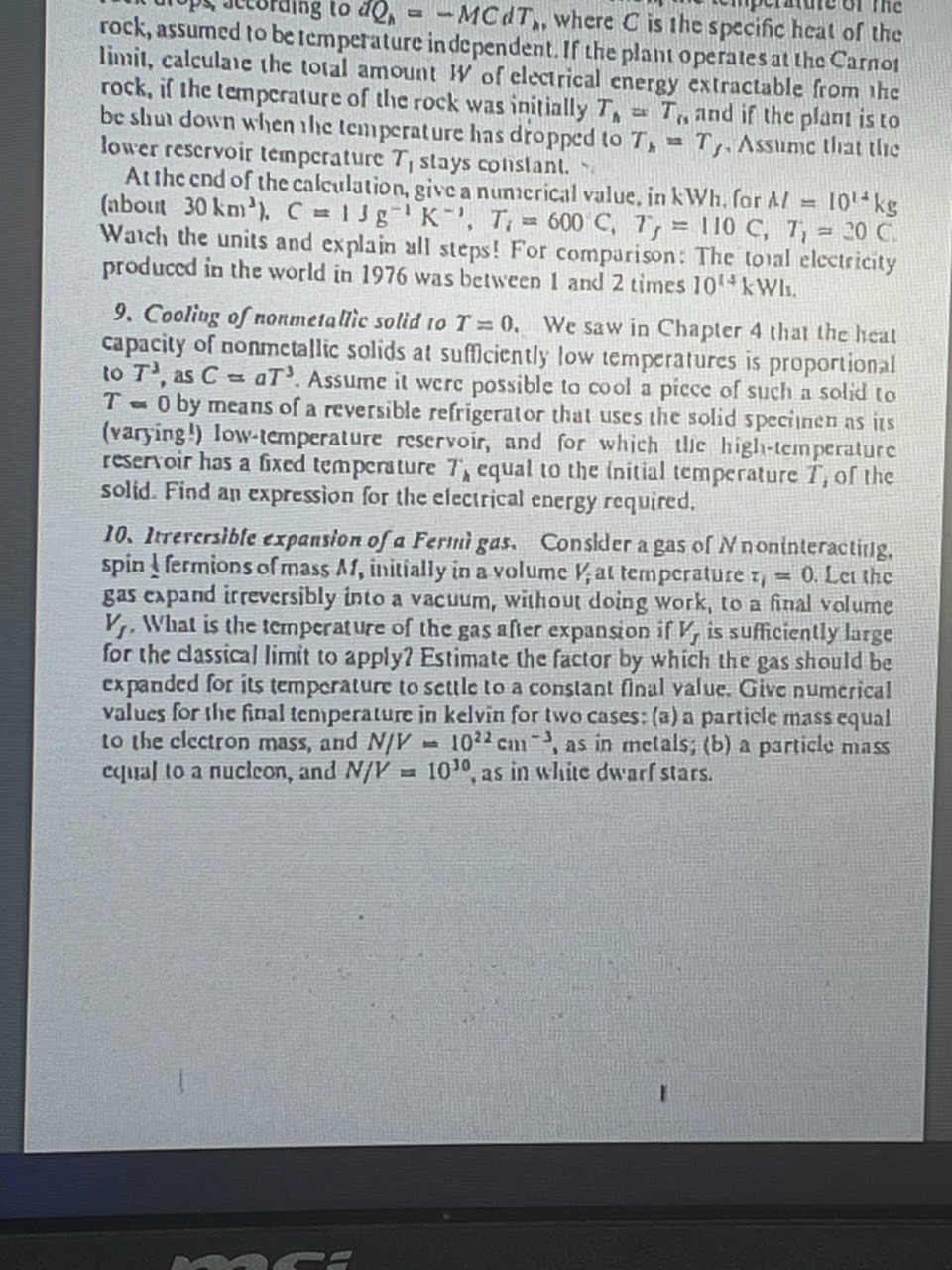Answered step by step
Verified Expert Solution
Question
1 Approved Answer
I'm only stuck on question 9. I got w=at^4/12 but I didn't use many of the formulas given in the prob so I don't know
I'm only stuck on question 9. I got w=at^4/12 but I didn't use many of the formulas given in the prob so I don't know if I used the right approach. Do I need to take the integral of at??

Step by Step Solution
There are 3 Steps involved in it
Step: 1

Get Instant Access to Expert-Tailored Solutions
See step-by-step solutions with expert insights and AI powered tools for academic success
Step: 2

Step: 3

Ace Your Homework with AI
Get the answers you need in no time with our AI-driven, step-by-step assistance
Get Started


